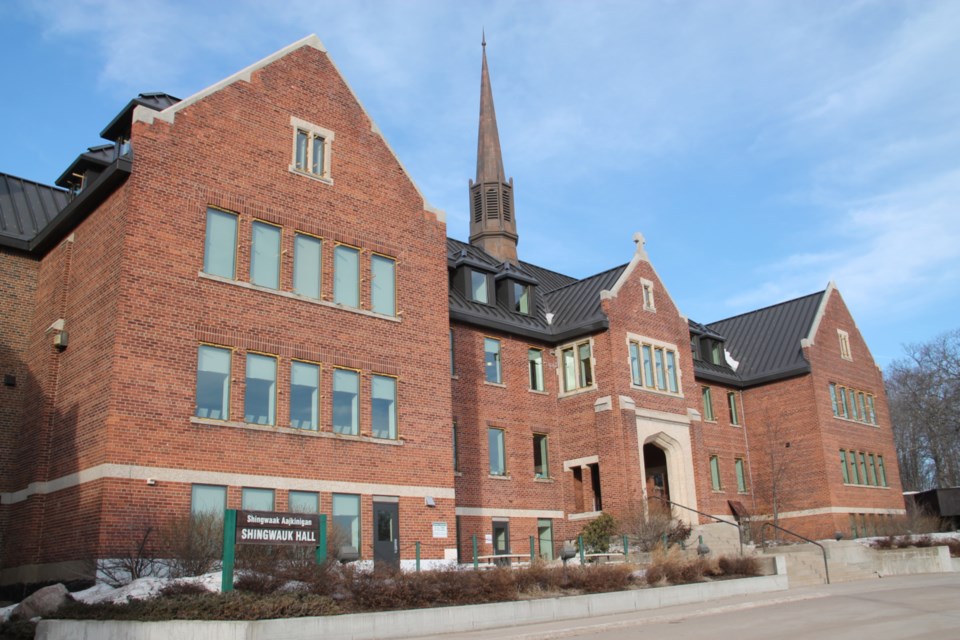The post-secondary institution is reporting an increase in applications from domestic students, the school one of only seven Ontario universities to experience an increase in that area of applications this year.
“A significant part of the domestic enrolment increase is due to our expansion in the downtown core of Brampton, but we are experiencing a good increase on all three of our campuses (Sault Ste. Marie, Brampton and Timmins),” said Asima Vezina, Algoma University president and vice chancellor, speaking to SooToday after Algoma’s board of governors meeting, held virtually Wednesday.
As far as international students are concerned, there is enrolment growth in key markets, including a 14 per cent increase from African markets.
“Obviously we’ve got strong enrolment coming from India, and the diversification focus is really targeted on regions in China, Africa, and in Africa specifically, Nigeria, Ghana and Kenya, and other markets are Pakistan, Bangladesh and Sri Lanka. There are well over 50 countries represented on campus but our goal is to have those key countries contributing a significant amount of the enrolment in helping us with our diversification strategy,” Vezina said.
It is hoped Algoma students, whether domestic or international, will be learning in increasing numbers in person at one of the school’s three campuses as opposed to remotely as the world struggles with the COVID-19 pandemic.
“Going into the spring, our plan is to introduce some face-to-face instruction, but it will be quite limited. We put a pretty significant investment in our partnership with Athabasca PowerED (remote learning technology stemming from Athabasca University)...also Contact North was a huge partner to help us get programs and degree offerings online,” Vezina said.
The federal government has brought in a policy that allows international students the chance to continue their education with institutions such as Algoma remotely before being allowed to return to Canada.
“Our international students don't have to rush back (to complete their degrees)...we’re well positioned to give students a quality experience virtually. For the spring and summer we’ll have the vast majority (of international students and their instruction) still offered online. We know we’re in the third wave of the pandemic and we really want to be cautious. There are a few classes in the sciences and music but it’ll be pretty limited,” Vezina said.
“We are positioning ourselves, however, with the vaccination rollout...we do feel like the fall will be a different situation. We do think we’ll see a significant increase in on campus activity.”
Meanwhile, Algoma is looking at revamping its course offerings in English, History and Music.
Each academic program must go through a review every seven years, with recommendations from external reviewers as a requirement by the Ontario Universities Council on Quality Assurance.
In English, Algoma has, or will be, offering courses in media and culture, world literature and more creative writing and professional writing.
In History, a report to the board states it is recommended the school “explore development of programming specializing in histories of residential schools, Indigenous-settler relations, treaties and treaty-making, resources and the land...more courses (introductory and specialized) in the history of Indigenous-settler relations are essential.”
For Music, it is recommended Algoma introduce pilot courses in commercial music, consider pilot courses in musical theatre, music recording and engineering or music and technology and maintain its relationship with the Algoma Conservatory of Music.
